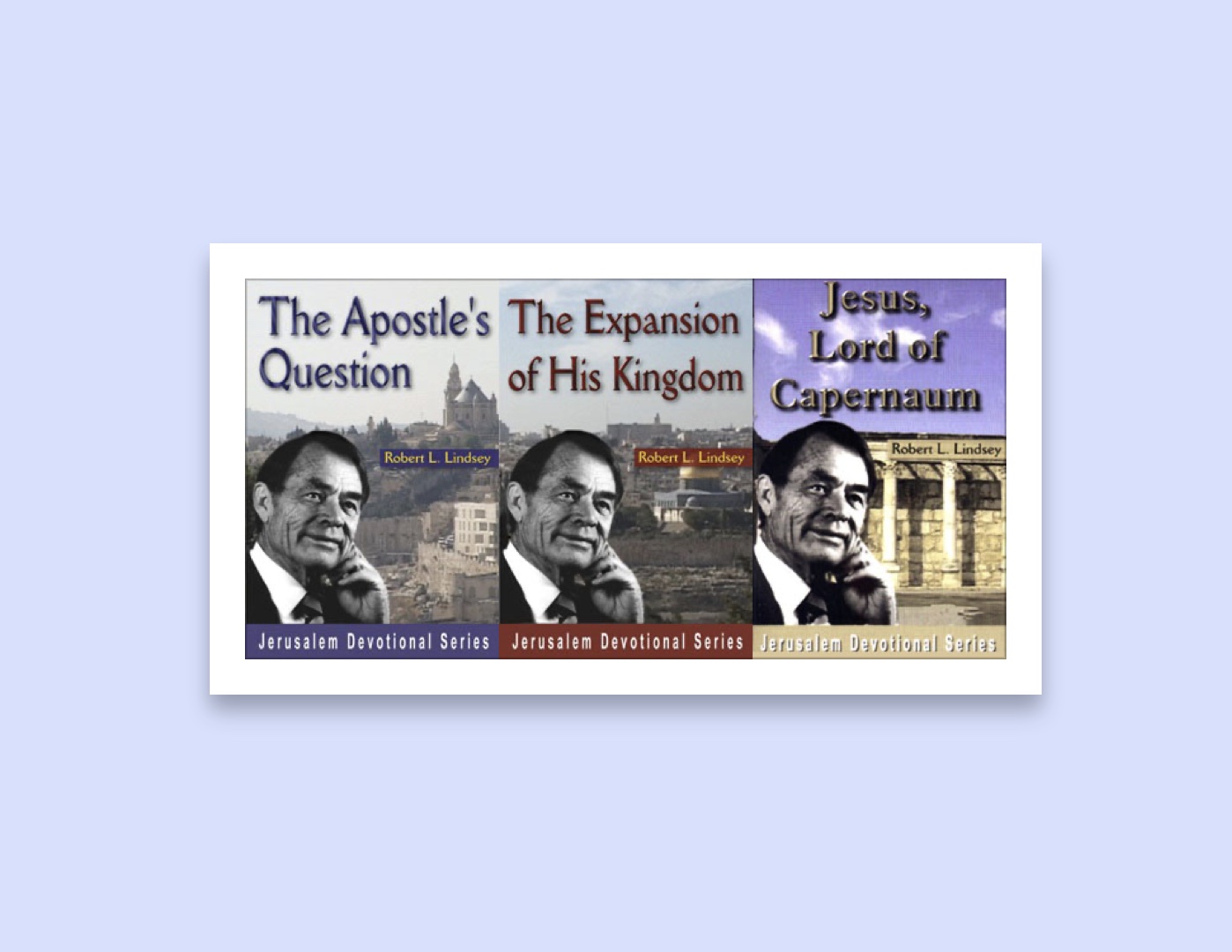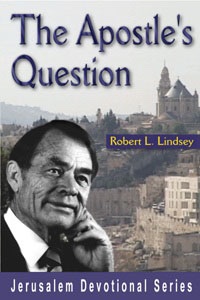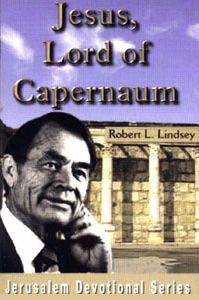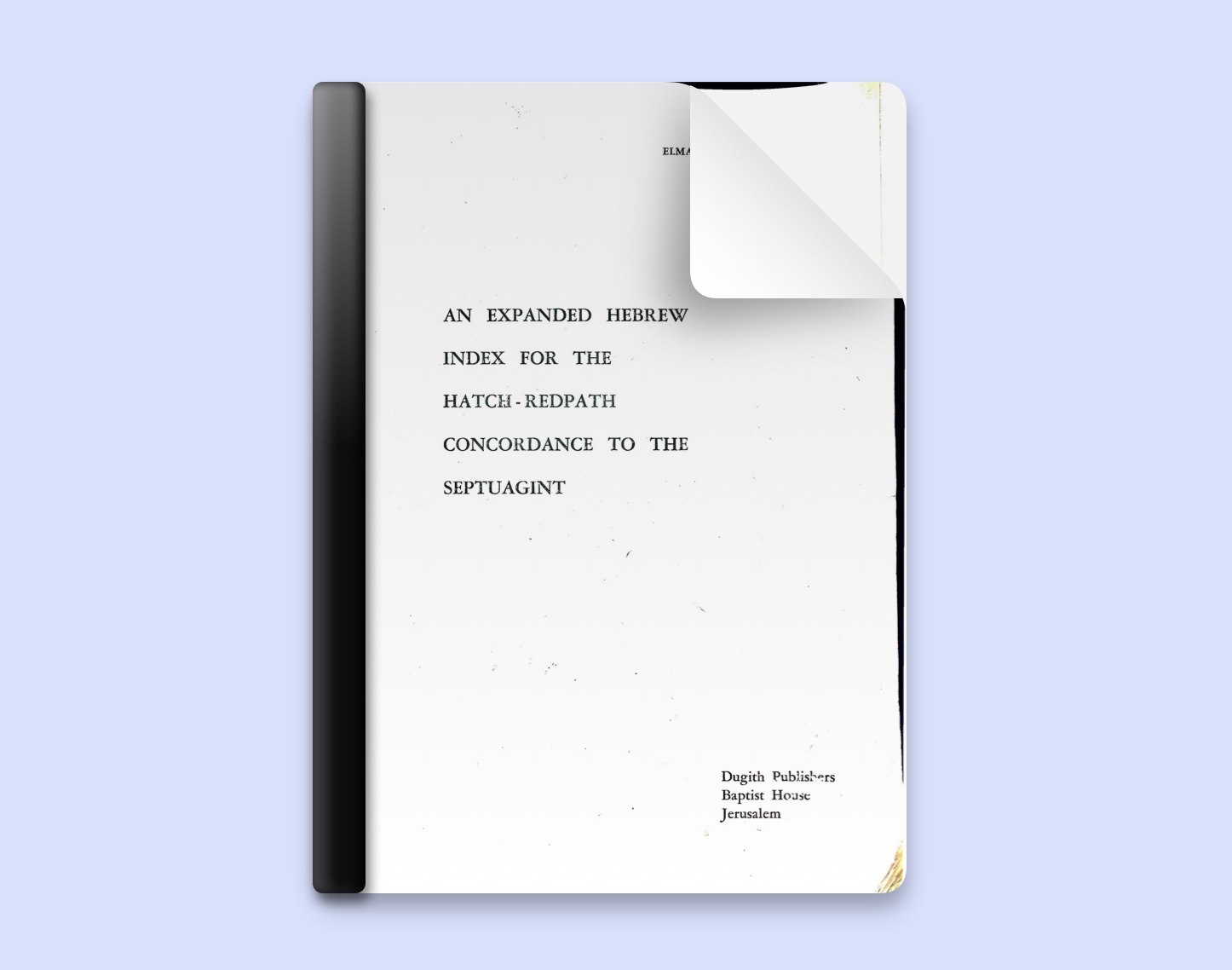Lindsey’s Jerusalem Devotional Series
$6.95
Three volumes in PDF format.
Description
by Robert L. Lindsey
This three-part devotional series (PDF format) by Robert L. Lindsey brings profound insight into Jesus and his message.
The Apostle’s Question
35 pages in PDF format
ISBN 1-891341-02-2
Apparently just prior to Jesus’ ascension, the disciples asked Jesus a most fascinating question: “Lord, are you at this time going to restore the kingdom to Israel?” (Acts 1:6). What exactly were the disciples asking Jesus? And what was the meaning of his reply in Acts 1:6-7? Were the disciples anticipating the establishment of a political kingdom over which Jesus would rule as king in a manner reminiscent of the glorious days of King David? In The Apostles’ Question, Robert Lindsey argues that understanding the manner in which Jesus employed the term “kingdom of heaven” is fundamental to understanding his message. According to Lindsey, if we misinterpret Jesus’ teaching on the “kingdom of heaven,” we miss the focal point of his ministry.
The Expansion of His Kingdom
35 pages in PDF format
ISBN 1-891341-03-0
“For to us a child is born, to us a son is given, and the government will be on his shoulders. And he will be called Wonderful Counselor, Mighty God, Everlasting Father, Prince of Peace. Of the increase of his government and peace there will be no end” (Isaiah 9:6, 7). These famous verses, which we love to adapt for our choruses and sing, were understood by ancient Jews as a prophetic allusion to the Messiah. The ancient Aramaic translation of Isaiah 9:6,7 known as Targum Jonathan identifies this child who is to be born as the Messiah. Although the word “messiah” does not appear in the Hebrew, the Targum adds, “The messiah in whose day peace will increase upon us.”
Jesus, Lord of Capernaum
38 pages in PDF format
ISBN 1-891341-04-9
Lindsey expounds on the story of a Roman centurion in Capernaum whose slave was dying (Luke 7:1-10). The story stands out as one of several marvelous passages in which Jesus speaks of faith. According to Lindsey, Jesus here uses the Hebrew word emunah (pistis in Greek) in a special way. Jesus sometimes speaks of faith as a response to striking behavior. For Jesus, faith often meant tenacity, perseverance, or even chutzpah (brazenness, nerve, or gall). When Jesus described a person such as the centurion as having faith, Jesus meant that he or she had demonstrated faith in a brazen, or chutzpah-like manner!
All three homilies were edited by Joseph Frankovic and published by HaKesher, Inc.









Reviews
There are no reviews yet.